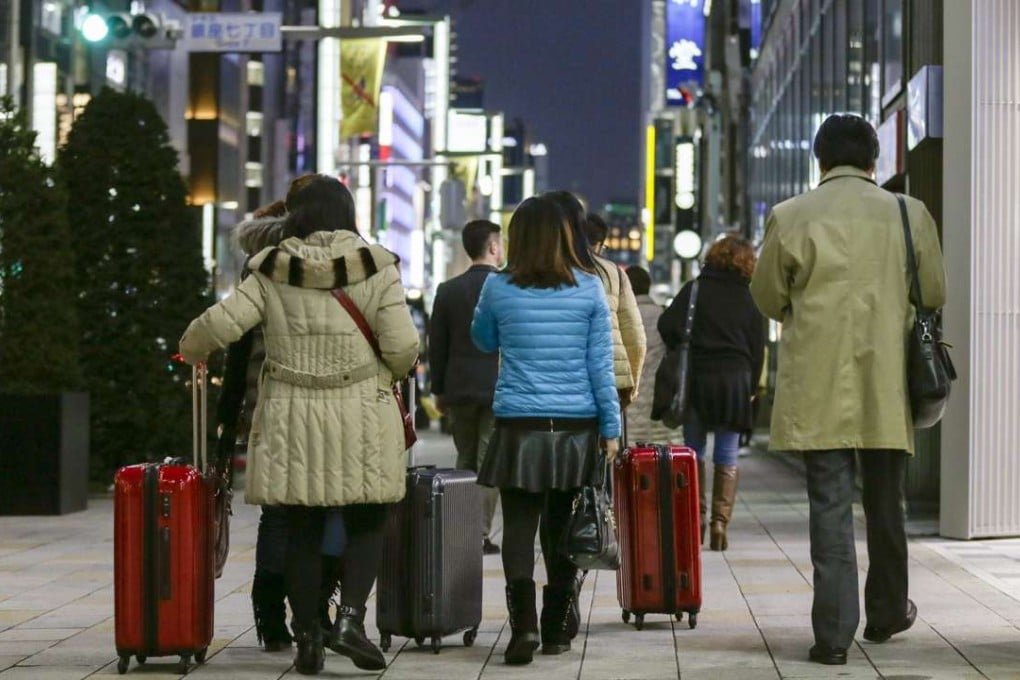Why are Japanese so condescending to Chinese tourists?
After an airport brawl involving dozens of Chinese tourists, some Japanese have seen an opportunity to teach their neighbours lessons in etiquette – advising them against stealing cutlery and flatulence in public

Days after brawls involving up to 100 Chinese tourists broke out at an airport in Hokkaido, Japanese outrage is dissipating – and turning into condescension.
The fighting that broke out between the passengers and Japanese police and airline staff following flight delays on December 23 – footage of which was broadcast on television – had initially incensed the Japanese public, many of whom responded on social media with racist insults (some of the more printable comments branded Chinese tourists as “barbarians”, “criminals” and “livestock”).
But, after initial outbursts, many Japanese have headed for the moral high ground, seeing an opportunity to school their sometimes wayward neighbours in that noted Japanese trait: good manners.

“Here in Hokkaido there are an increasing number of Chinese tourists and it is true that you often hear complaints that they do not have good manners, especially people from rural China,” said Makoto Watanabe, a lecturer in communications and media at Hokkaido Bunkyo University. “Many people feel they do not respect local rules and customs and the footage of the incidents at the airport was quite shocking,” he said. “But Chinese tourists have been coming here in large numbers for more than a decade now and they are part of the landscape, they are important to the local economy and, when you talk to people here, they often say that their manners have actually improved in that time,” he said.
Watch: snowed-in Chinese tourists scuffle with staff at Japanese airport
“The feeling is that people who have travelled to Japan previously have learned about our manners and customs and they are changing their behaviour to fit in with that,” he said. “And it is possible that they are taking that back to China with them as well, sort of like a Japanese cultural export.”